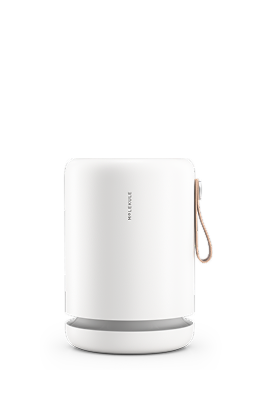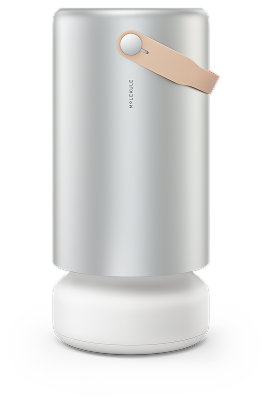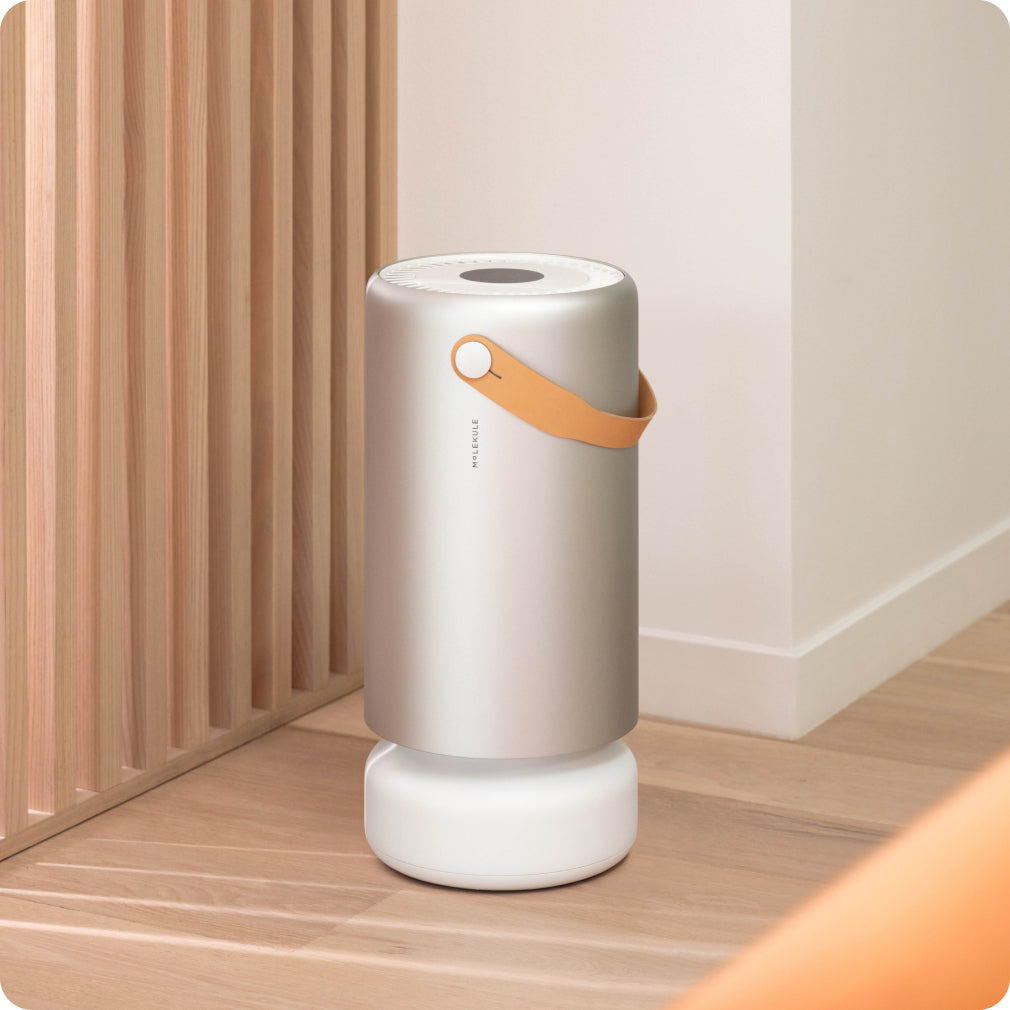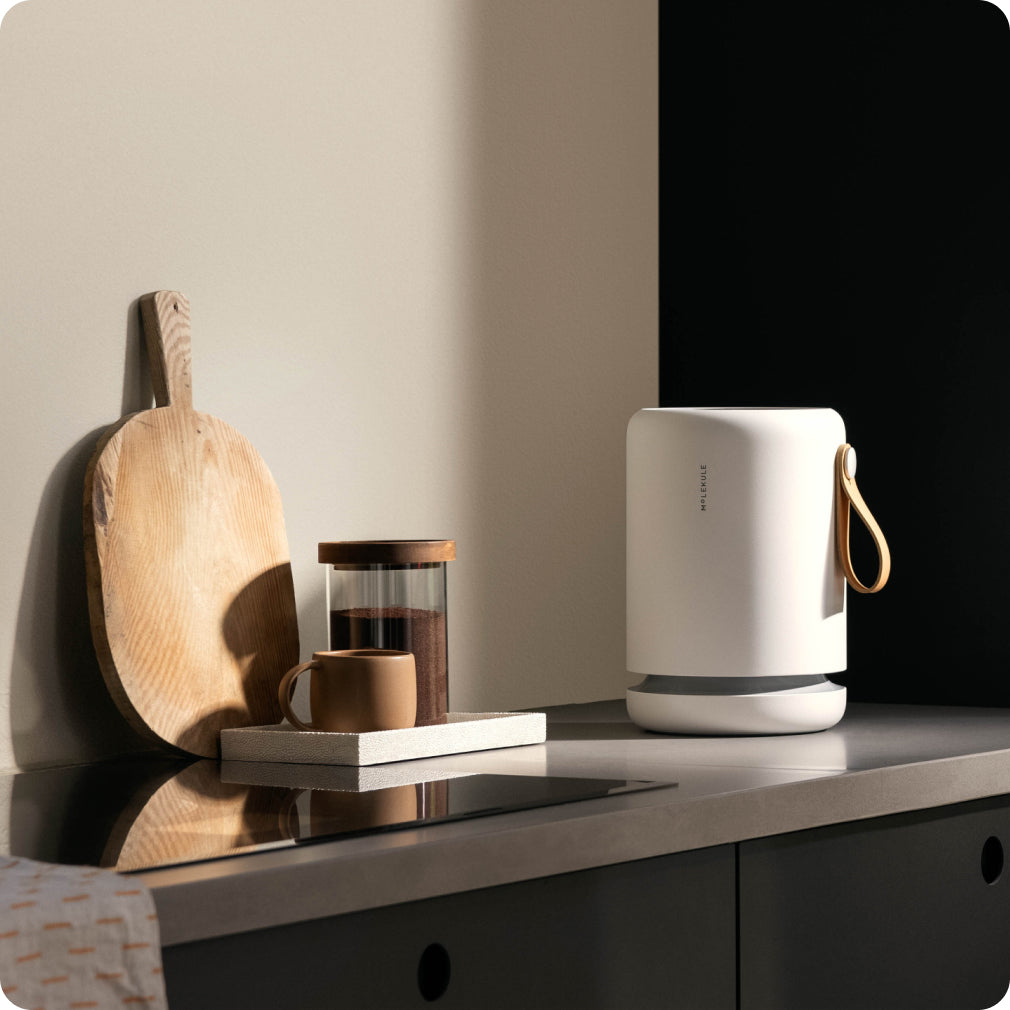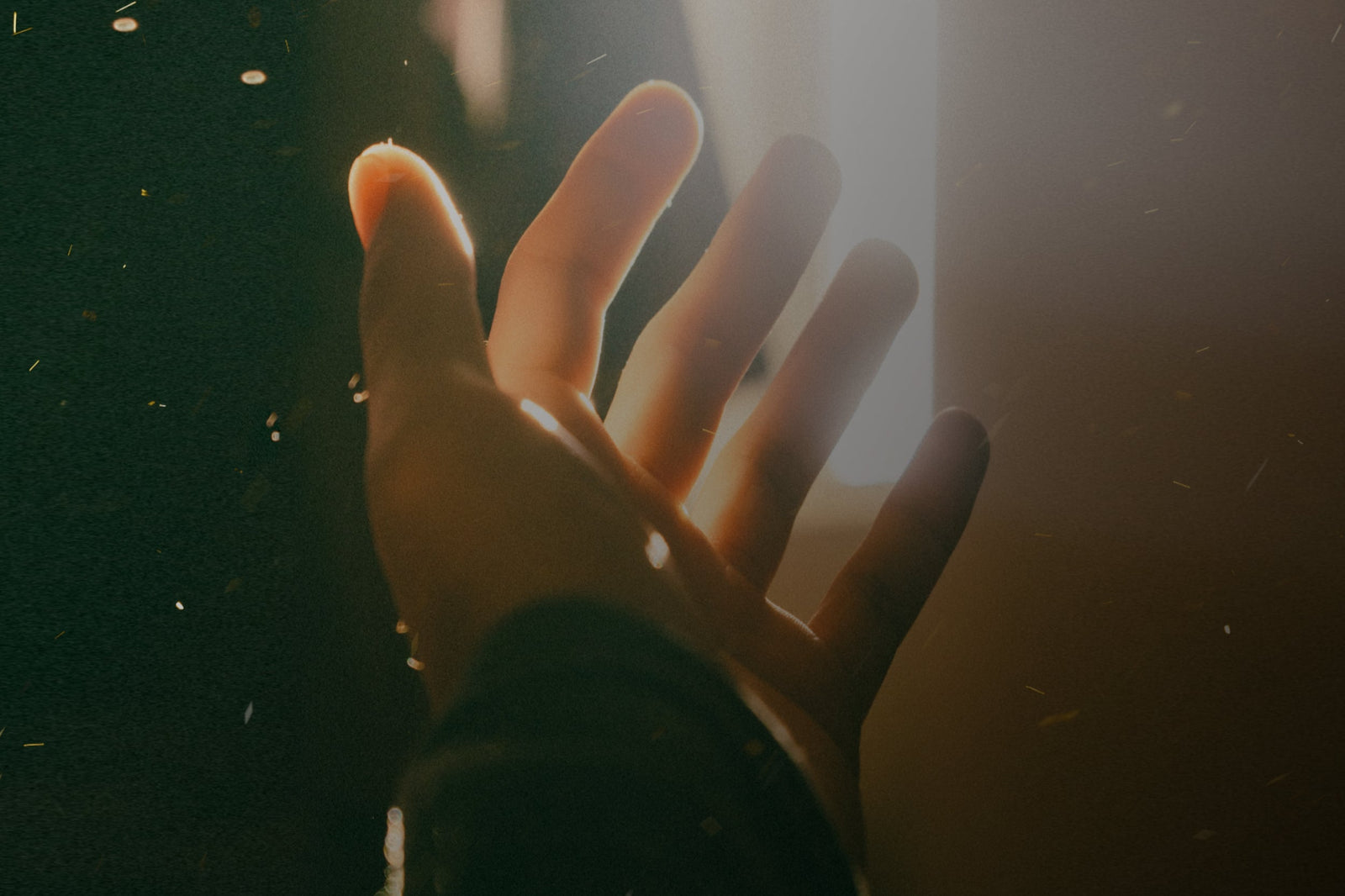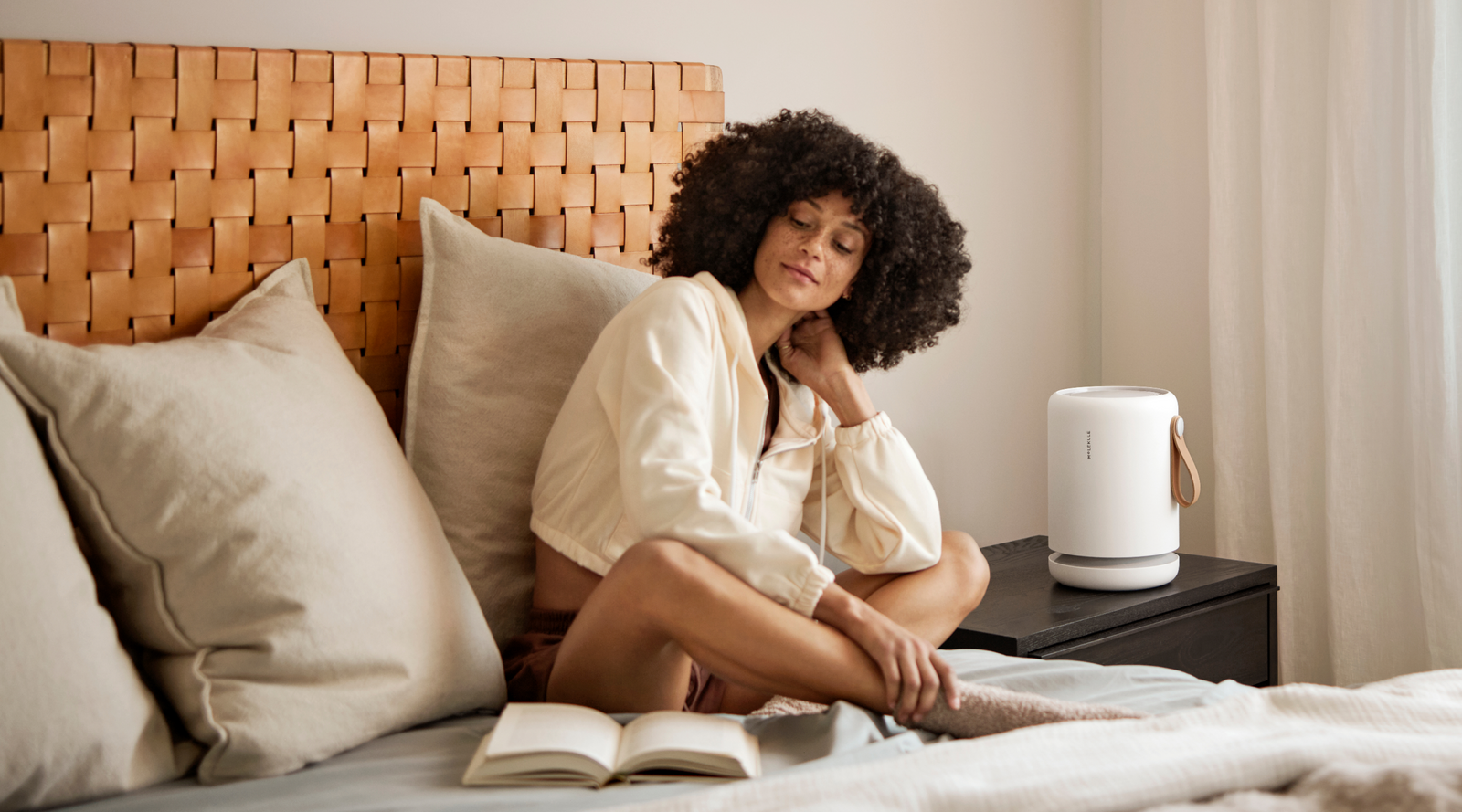From preventing snoring to clearing acne, there seems to be nothing you can’t accomplish with a little mouth taping. Wellness influencers are praising the viral TikTok trend as the ultimate key to deeper, more restorative sleep. But social media anecdotes are a far cry from scientific proof.
Good sleep hygiene can help lower your risk of chronic diseases, including type 2 diabetes, obesity, heart disease, and depression. Since over one-third of American adults report getting less than the recommended seven hours of sleep each night, any potential trick for better sleep is worth investigating.
So, is #mouthtaping a health hack, harmless trend, or potential hazard? Let’s take a look at what scientific research has to say about the benefits of mouth taping.
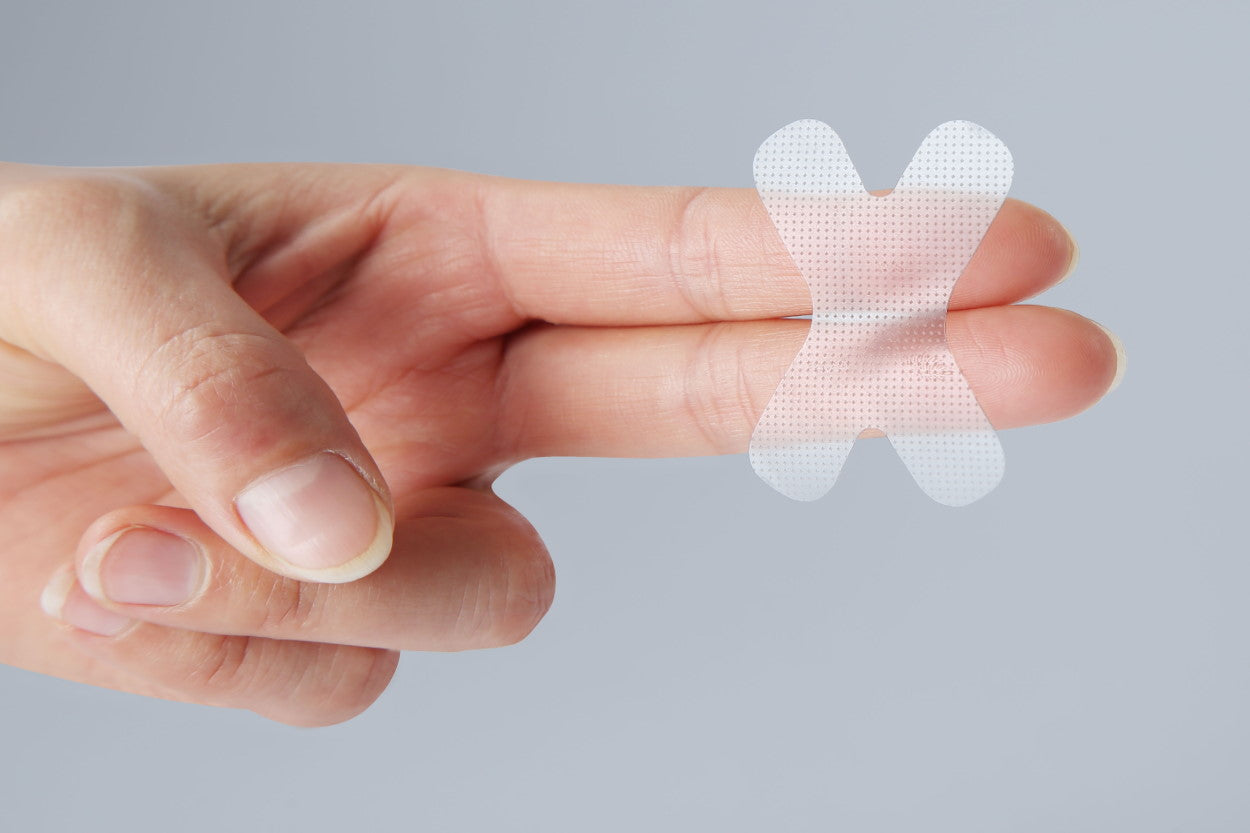
What is mouth taping?
The mouth taping trend is simple: gently lay a piece of tape over your lips to keep your mouth closed while you sleep. It’s supposed to encourage nose breathing—which is linked to a whole host of health benefits—and protect you from the health effects of mouth breathing. Most TikTokers recommend using skin-friendly tape, such as soft, porous medical tape that pulls away easily and has a smaller chance of irritating skin.
Benefits of mouth taping
The purpose of mouth taping is to encourage nighttime nose-breathing, which has many benefits over mouth breathing. For starters, mouth-breathing has some pretty uncomfortable side effects, including dry mouth, drooling while you sleep, snoring, and bad breath. And your nose can do some important things that your mouth just can’t, including:
- Heating (and sometimes cooling) the air you breathe so it’s a comfortable temperature when it reaches your lungs;
- Filtering out some airborne allergens and other pollutants before they enter your lungs;
- Humidifying inhaled air to balance moisture levels in your respiratory tract.
While the benefits of nose-breathing are well-documented, there haven’t been many studies that look specifically at the health impacts of sleeping with your mouth taped.

Mouth tape for sleep apnea
Sleep apnea is a potentially serious sleep disorder that can cause loud snoring, dry mouth, gasping for air while sleeping, insomnia, and morning headaches. With sleep apnea, your breathing stops and starts repeatedly while you sleep. You’ll usually jolt awake multiple times during the night to restart your breathing, though you may not always remember it.
No single factor causes sleep apnea, but you may have a higher risk if you’re overweight or obese, an older adult, or male. Smoking, drinking alcohol, and having a family history of sleep disorders can also increase your risk of sleep apnea.
According to TikTok influencers, mouth taping forces you to breathe through your nose at night, allegedly improving airflow, decreasing snoring, and helping you and your bed partner get a better night’s sleep.

Mouth tape for snoring
Snoring is one of the main symptoms of sleep apnea, but it can also be caused by nasal congestion, which often worsens at night. The idea here is the same as mouth taping for sleep apnea: encouraging nose-breathing while you sleep should help you breathe better and decrease nighttime snoring.
Mouth tape for dental health
Mouth-breathing dries out your mouth, leaving little to no saliva to do the important job of flushing out bacteria. When bacteria grows unchecked while you sleep, it can lead to bad breath, tooth decay, and gum disease. A dry mouth can also cause dry, cracked lips and a hoarse voice. So, some people tape their lips together at night to keep their mouths from drying out while they sleep.
Does mouth tape work?
Some small studies have found that sleep apnea patients who slept with their mouths taped shut tended to snore less than when they slept with their mouths open. More research is still needed to better understand how mouth taping affects nighttime breathing and sleep quality in people with sleep apnea.
As for the other claims, there’s no scientific evidence that mouth taping can improve dental health, clear your skin, straighten your jawline, or work miracles for your immune system.
If it’s hard for you to breathe through your nose, you should avoid mouth taping. Instead, talk to a healthcare provider about potential health issues, such as a deviated septum, sleep apnea, respiratory infections, swollen tonsils, chronic congestion, or allergies. In many cases, taping your mouth may just make it harder for you to breathe at night, giving you an even worse night’s sleep.
If you’re looking for a solution to snoring, you’ll also want to talk to a doctor before you try mouth taping. Since snoring can be a sign of respiratory issues, it’s important to understand why you’re mouth-breathing at night. Your sleep problems may stem from underlying health problems that you should address before considering mouth taping.
Is mouth taping dangerous?
Mouth taping can be dangerous if you use the wrong tape or have trouble breathing through your nose. When choosing a mouth tape, you want something that’s going to come off easily if you try to open your mouth. Definitely stay away from duct tape! Even with the right tape, mouth taping can cause sore lips, a feeling of suffocation, difficulty breathing, and discomfort.
Stop mouth taping immediately and talk to your provider if you experience difficulty breathing at night, anxiety while wearing the tape, or increased daytime tiredness.
Alternatives to mouth taping for better sleep
If you’re looking for safer, proven ways to improve your sleep hygiene, try these:
- Cut back on smoking and drinking alcohol.
- Don’t drink caffeine within six hours of going to bed.
- Use nasal strips or nasal dilators to decrease snoring.
- Practice throat and tongue exercises to help with snoring and sleep apnea.
- Try sleeping on your side instead of your back.
- Exercise during the day.
- Create a sleep routine—go to bed and wake up at the same time each day.
- Treat allergies and other sources of nasal congestion.
- Use an air purifier to remove dust, allergens, and other bedroom air quality concerns that can worsen nighttime congestion.
Good sleep hygiene doesn’t happen overnight. Just like getting in shape, it takes time, commitment, and thoughtful choices. While social media is a great tool for learning new ideas, there’s no such thing as an instant sleep cure. Always check with a medical professional before trying out any viral health hacks, no matter how many times they pop up on your For You page.
